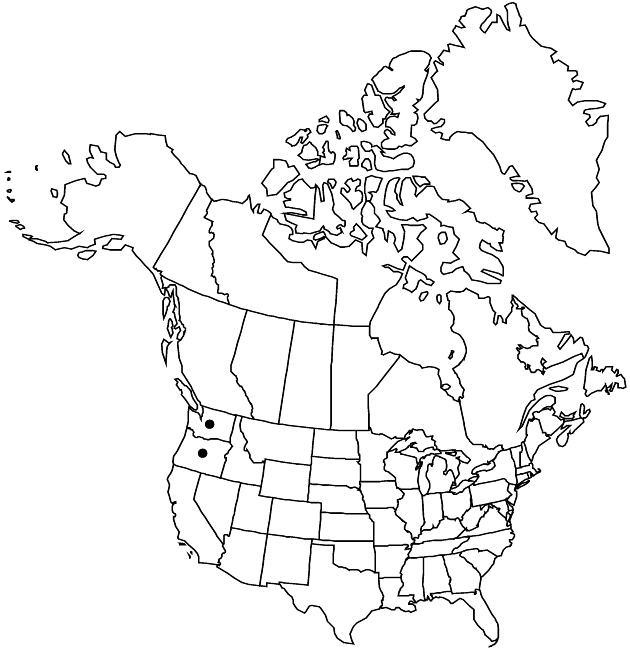Difference between revisions of "Balsamorhiza careyana"
Mem. Amer. Acad. Arts, n. s. 4: 81. 1849.
FNA>Volume Importer |
imported>Volume Importer |
||
| Line 6: | Line 6: | ||
|place=4: 81. 1849 | |place=4: 81. 1849 | ||
|year=1849 | |year=1849 | ||
| + | }} | ||
| + | |special_status={{Treatment/ID/Special_status | ||
| + | |code=E | ||
| + | |label=Endemic | ||
}} | }} | ||
|basionyms= | |basionyms= | ||
| Line 49: | Line 53: | ||
|publication title=Mem. Amer. Acad. Arts, n. s. | |publication title=Mem. Amer. Acad. Arts, n. s. | ||
|publication year=1849 | |publication year=1849 | ||
| − | |special status= | + | |special status=Endemic |
| − | |source xml=https:// | + | |source xml=https://bibilujan@bitbucket.org/aafc-mbb/fna-data-curation.git/src/bb6b7e3a7de7d3b7888a1ad48c7fd8f5c722d8d6/coarse_grained_fna_xml/V19-20-21/V21_220.xml |
|tribe=Asteraceae tribe Heliantheae | |tribe=Asteraceae tribe Heliantheae | ||
|subtribe=Asteraceae (tribe Heliantheae) subtribe Ecliptinae | |subtribe=Asteraceae (tribe Heliantheae) subtribe Ecliptinae | ||
Revision as of 20:57, 27 May 2020
Plants (15–)20–60 cm. Basal leaves: blades green, rounded-deltate or deltate to triangular-deltate, 15–25 × 6–15 cm, bases cordate or hastate to truncate, margins usually entire, sometimes crenate (to dentate near bases), apices acute to attenuate, faces finely hispidulous to hirtellous (gland-dotted as well). Heads usually (2–)3+, sometimes borne singly. Involucres hemispheric to turbinate or campanulate, 12–20 mm diam. Outer phyllaries oblong to lanceolate or linear, 15–25 mm, usually surpassing inner, apices acute to attenuate. Ray laminae 20–30(–40) mm (cypselae strigose or glabrous). 2n = 38.
Phenology: Flowering (Mar–)May–Jun(–Jul).
Habitat: Dry scablands, semi-desert soils, openings in pine forests
Elevation: 500–1000 m
Discussion
Hybrids involving Balsamorhiza careyana and B. deltoidea occur near the Columbia River Gorge; intermediates are found to the east and south. In northern Oregon, plants in some populations have glabrous cypselae and some populations are mixed. The hairiness may come from B. rosea; B. rosea and B. careyana may hybridize profusely, producing mostly plants with the stature of B. careyana and with the relatively short, brick-red ray corollas of B. rosea. Hybridization also occurs, occasionally, between B. careyana and B. sagittata; B. careyana also hybridizes with any species of sect. Balsamorhiza with which it comes in contact. Plants called Balsamorhiza careyana var. intermedia usually have crenate leaf margins and glabrous cypselae.
Selected References
None.
